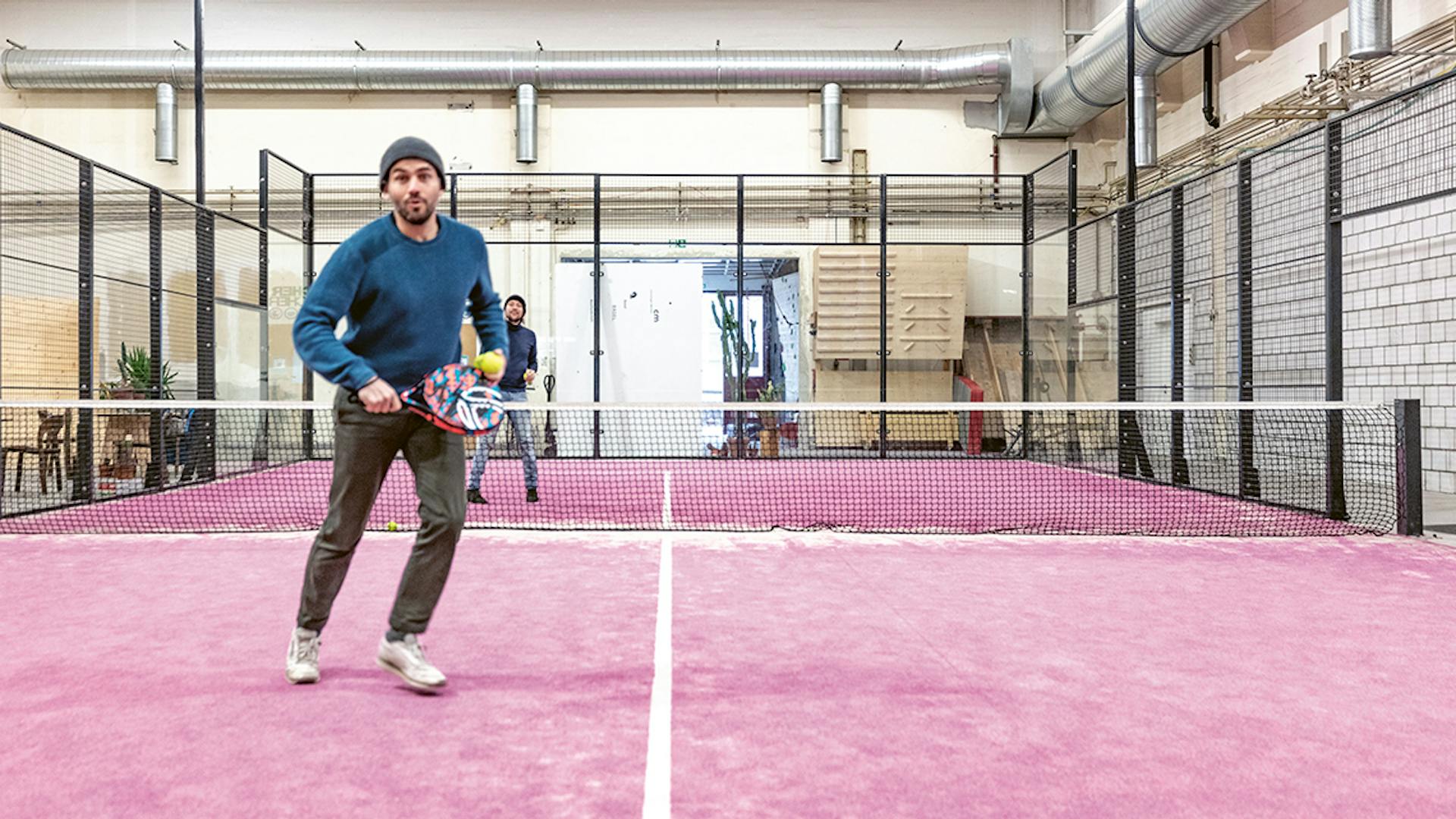
In June 2017, a public information event was held to discuss “Klybeckplus.”
 Table of contents
Table of contents «unterdessen»
«unterdessen» «Humbug»
«Humbug» Until 2023 and beyond?
Until 2023 and beyond?Published on 18/10/2021
When Novartis sold the Klybeck site in 2019, Country President Matthias Leuenberger explained the move as follows: “As you know, we have quite enough room in Basel, we are, after all, at home on the Campus; we have invested a lot there in recent years. Now, the situation is that there is excess space in Klybeck that we no longer need. That’s why we decided some time ago to put the area to a new use. These were the considerations that led to the sale.”
Barely seven weeks later, BASF also sold its share of the site. Notwithstanding the sale, the basic conceptual plan for Klybeck’s redesign remained unchanged.
Indeed, to ensure that the future development of the site would be carried out constructively and in collaboration with all stakeholders – the landowners, the canton of Basel-Stadt and the local community – a planning agreement had been reached with the canton back in 2016 as part of the project “Klybeck plus.” The deal envisioned the formation of a new urban district with living and working areas, leisure and cultural facilities, schools, parks and much more.
This planning agreement is also binding for the site’s new owners Rhystadt AG and Swiss Life. In this way, Novartis and BASF, together with the canton, have ensured that Basel’s erstwhile industrial heartland will not be left at the mercy of speculators, even after the ownership transfer. The plan includes six planning phases, with a view to creating an attractive district that harmoniously blends into the existing urban fabric.














